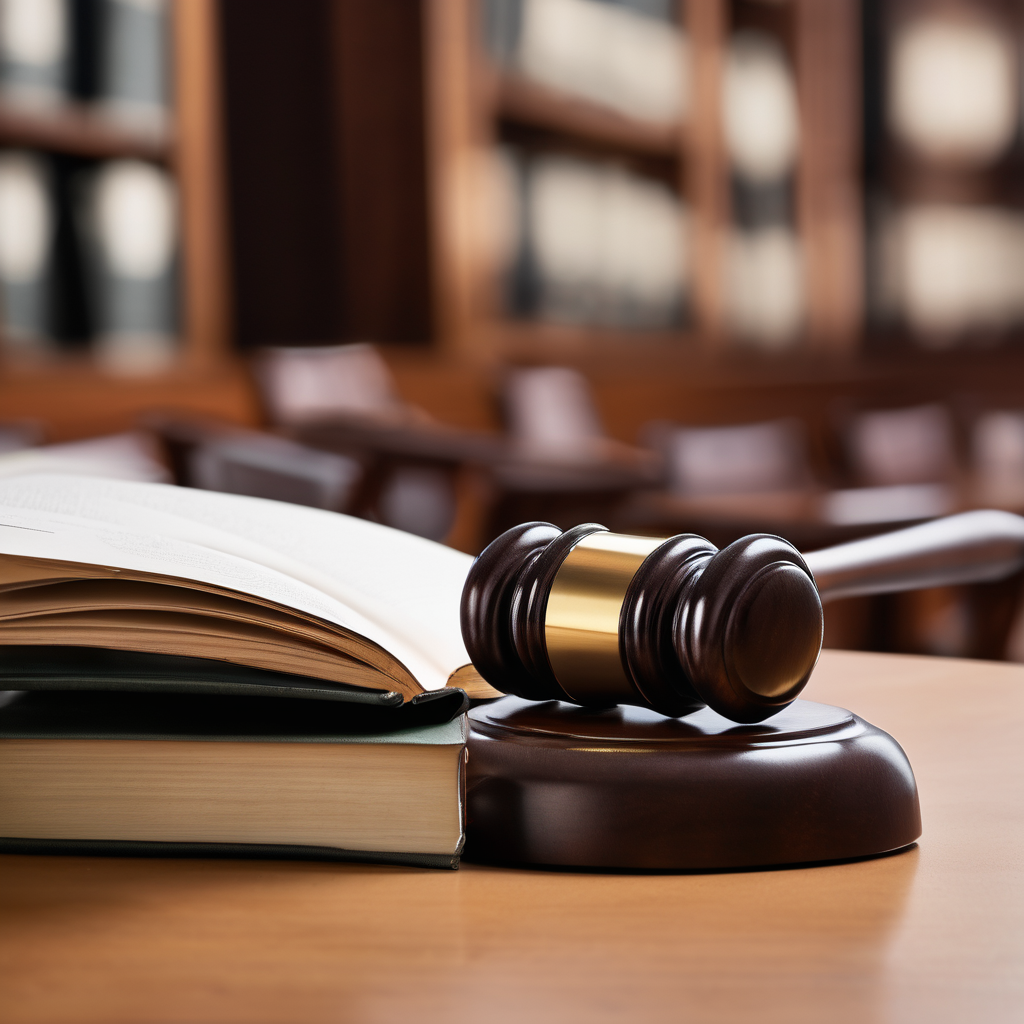The prosecution of former FBI Director James Comey faced potential setbacks on Wednesday as the Justice Department acknowledged significant flaws in how the case was presented to a federal grand jury. This admission could further jeopardize an already contentious prosecution, which has seen numerous challenges and calls for dismissal. During a court hearing, Comey’s legal team urged U.S. District Judge Michael Nachmanoff to dismiss the case, arguing that it is rooted in vindictiveness.
A key issue arose when it was revealed that the full grand jury did not have the opportunity to review the complete indictment, raising concerns about the integrity of the indictment process. Comey’s legal troubles stem from his termination by President Donald Trump in May 2017, a decision linked to Comey’s oversight of an FBI investigation into potential connections between Russia and Trump’s 2016 campaign. The relationship between Comey and Trump has been notably antagonistic, with Trump publicly denouncing Comey and advocating for his prosecution.
Earlier in the week, a different judge also flagged “profound investigative missteps,” including possible misstatements of the law and concerns regarding breaches of attorney-client privilege. Initially, the grand jury was presented with a three-count indictment against Comey, but after one count was dismissed, a revised two-count indictment was filed, alleging that Comey made a false statement and obstructed Congress. Comey has pleaded not guilty to the charges, which revolve around his testimony about authorizing an FBI colleague to act as an anonymous source for the media.
U.S. Magistrate Judge William Fitzpatrick, assessing parts of the case, expressed skepticism regarding whether the grand jury had fully reviewed the two-count indictment. This concern was echoed by Judge Nachmanoff, who pressed prosecutors on the matter. Acknowledging the flaw, prosecutor Tyler Lemons confirmed that not all grand jurors had received the final indictment for review.
Defense attorney Michael Dreeben argued that the indictment should be dismissed based on the government’s failure to present it adequately to the entire grand jury. He contended that the statute of limitations for the alleged crimes had expired without a valid indictment, which could prevent any further prosecution in the case. Additionally, Dreeben asserted that the prosecution is vindictive, driven by Trump’s intentions to silence criticism.
Although motions claiming vindictive prosecution typically face an uphill battle, Dreeben pointed to Trump’s own comments demanding action against Comey as evidence of undue influence. Trump has criticized the Department of Justice for not acting against Comey and his political opponents, insisting that “justice must be served.”
Despite Dreeben’s arguments, the Justice Department maintained that Comey’s indictment was the result of lawful processes. Prosecutor Lemons insisted that the prosecution was based on evidence of wrongdoing and not Trump’s influence. Nonetheless, Judge Nachmanoff raised questions about the timeline and independence of the investigation, noting Halligan’s swift appointment just days before she presented the indictment against Comey.
The ongoing legal saga highlights the complexities and political dynamics surrounding high-profile prosecutions, especially when influential figures are involved. The outcome of this case could have ramifications not just for Comey but potentially for the political landscape surrounding issues of accountability and the use of power in prosecution. The courtroom drama continues as both sides prepare to present further arguments to the judge, leaving the future of Comey’s case still uncertain.
